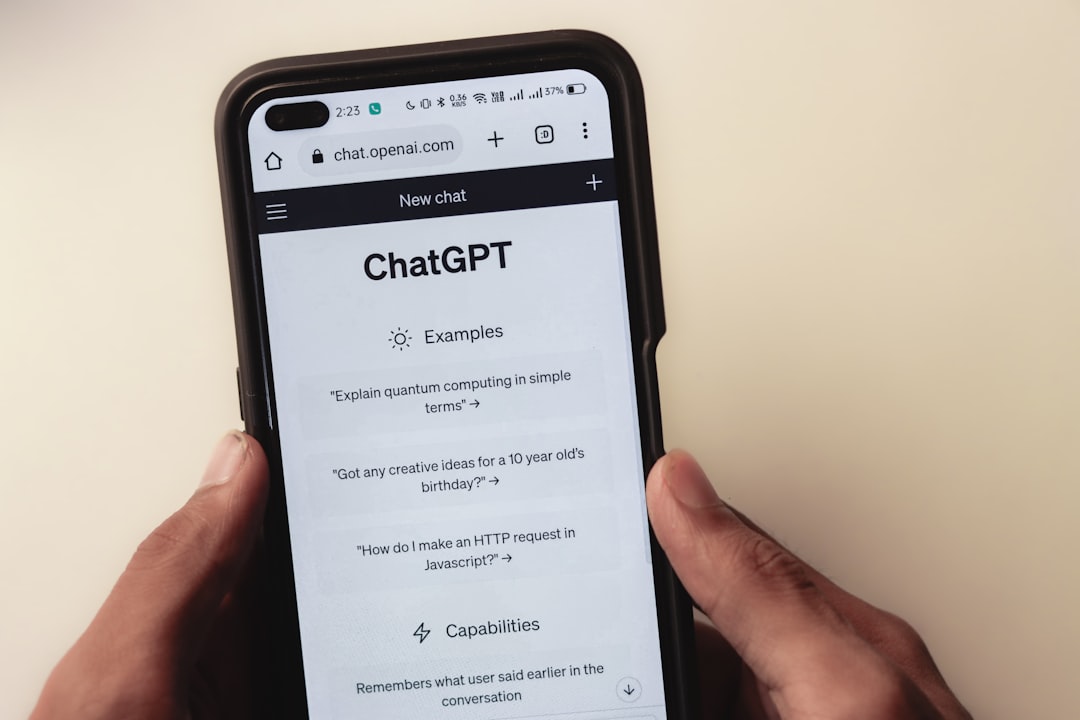
Staying informed about the latest research is critical for academics, researchers, and students alike. Whether you’re working on a thesis, teaching a course, or delving into new areas of inquiry, it’s important to know when new, relevant literature becomes available. JSTOR, a trusted digital library for academic journals, books, and primary sources, offers an effective solution: setting up alerts for new papers in specific fields of interest. This feature allows users to receive timely updates without needing to manually check for new content.
What is JSTOR?
JSTOR (Journal Storage) is a digital library founded in 1995, housing more than 12 million academic journal articles, books, and primary sources across a wide array of disciplines. It’s particularly valued for its stability, standardized citation formats, and broad access to historical and current academic literature. JSTOR provides content from over 2,000 academic publishers, making it a powerful research tool in fields ranging from the humanities and social sciences to economics and biology.
Why Alerts Matter
Academic publishing is a constantly evolving landscape. New studies constantly redefine the boundaries of knowledge in various fields. Instead of periodically searching for new content, researchers can take advantage of JSTOR’s alert system to automatically notify them when relevant materials are added. This saves time, ensures a continuous flow of information, and enhances productivity and research quality.
Types of Alerts on JSTOR
JSTOR offers a few different kinds of notifications to help users stay informed:
- Search Alerts: Receive updates when new content matches your saved search queries.
- Publication Alerts: Get notified when new issues of specific journals are added to JSTOR.
Setting Up a Search Alert
Search alerts are particularly useful for researchers tracking broad topics or specific keywords. To set up a search alert:
- Go to the JSTOR website and log in to your account. If you do not have an account, you can create one for free.
- Use the search bar to enter your query (e.g., “machine learning in healthcare”).
- Apply relevant filters to narrow down your search by publication date, subject, content type, etc.
- Once results appear, click on the “Save this search” option.
- You’ll be prompted to name your search and set up email notifications.
- Confirm your settings. JSTOR will now send you emails when new content matching the search criteria becomes available.

Creating a Publication Alert
If you follow a specific journal, you can easily create a publication alert. This feature is particularly useful for educators and researchers who need to remain updated with the latest editions of foundational journals in their field. Here’s how to set one up:
- Log in to your JSTOR account.
- Search for the journal title using the search bar.
- Navigate to the journal’s page and click the “Subscribe to alerts” link.
- JSTOR will now notify you via email when a new issue is posted.
Managing Your Alerts
Alerts can be managed through your JSTOR account dashboard:
- Go to Your Account > Saved Searches and Alerts.
- From this menu, you can see all active alerts, modify them, change email preferences, or delete redundant ones.
Managing alerts gives researchers flexibility and control. For example, if you’re transitioning to a new research theme, you can pause outdated alerts or recalibrate existing ones to match a new focus.

Tips for Effective Use of JSTOR Alerts
To make the best use of JSTOR’s alert features, consider these practical tips:
- Be Specific: Use advanced search options like Boolean operators (AND, OR, NOT) to create more targeted queries.
- Use Multiple Alerts: Setting up different alerts for subtopics helps diversify the scope of your research.
- Review Regularly: Update or delete alerts based on the evolution of your research priorities.
- Pair with Other Tools: Use JSTOR alongside platforms like Google Scholar or ResearchGate for a more comprehensive research net.
Limitations to Consider
While JSTOR offers immense value, users should be aware of some limitations:
- Newer journals or the most recent issues might not be available due to JSTOR’s publishing restrictions and embargo periods.
- Not all academic disciplines are equally represented—some specialized fields may have limited content.
- Full access may depend on institutional subscriptions, although JSTOR does offer free access to some content.
Benefits of Using Alerts Strategically
For academics and professionals invested in continual learning, JSTOR alerts function as a low-maintenance assistant. Establishing well-curated alerts can lead to:
- Earlier Access: Discover papers soon after they become available, which is critical for staying ahead in competitive research fields.
- Improved Citations: Being exposed to up-to-date literature can lead to more relevant and current bibliographies.
- Inspiration and Collaboration: Finding emerging studies can spark new ideas or collaborative projects.
Conclusion
Setting up alerts in JSTOR is a smart move for anyone seeking to stay informed and ahead in their respective field. It reduces the manual workload of repetitive searches and keeps important new publications flowing steadily into one’s academic workflow. With simple steps and customizable features, JSTOR alerts are an invaluable tool in any researcher’s toolkit.
Frequently Asked Questions (FAQ)
- Q: Do I need a paid subscription to set up alerts on JSTOR?
A: No. Creating alerts only requires a free JSTOR account. However, accessing certain full-text articles may require a subscription or institutional access. - Q: How often will I receive alert emails?
A: Email frequency depends on content availability. If new items match your search frequently, updates may be more common. - Q: Can I set up alerts for multiple topics?
A: Yes. Users can create and manage multiple search or publication alerts from their account dashboard. - Q: Is there a mobile app to manage JSTOR alerts?
A: While JSTOR does not currently offer a dedicated app, the website is mobile-friendly, allowing users to access their account and alerts through any browser. - Q: Can I share alerts with other users?
A: Alerts are specific to individual accounts and cannot be directly shared. However, you can share search queries or journal links with collaborators who can then set up their own alerts.






